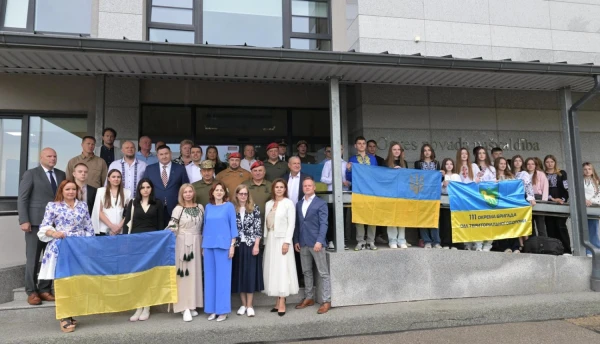
Despite massive attacks on Ukraine's energy infrastructure, the flow of refugees from the friendly state of Latvia is not critical. According to the Riga Outskirts Center, which has a department for supporting residents of Ukraine, from July 1 to October 12, 341 refugees were accommodated for the first time in the capital's municipality, with the largest number arriving in September — 111.
The capital of Latvia has become a temporary shelter for 20,554 citizens of Ukraine — the largest number among municipalities. According to 2024 data, Riga had a population of 605,273.
"The flow remains moderate and stable"
This is how the Ministry of the Interior of Latvia assesses the situation with incoming Ukrainian citizens, although it notes a "slightly growing trend, explained by the traditionally increasing number of travelers during the summer months." For instance, while 1,104 people with Ukrainian passports arrived in Latvia in February, 2,224 came in August. The largest number of the 15,572 immigrants — 81% — arrived through Riga Airport.
Deputy State Secretary of the Ministry of the Interior Janis Bekmanis recalled how at the beginning of the war, "the influx of refugees was enormous, creating a crisis situation."
Currently, an average of 600 civilian residents of Ukraine are registered for the first time in our country each month. A total of 31,152 people have been registered, of which 55% are women and 45% are men; the largest portion belongs to the working age group of 18-64 years — 71%, while 22% are under 17; and 22% are over 65.
As noted by the agency of Richard Kozlovskis ("New Unity"): "The Office of Citizenship and Migration has updated the registry of individuals with information about 18,666 Ukrainian citizens who have lost their temporary protection status in Latvia, as they did not apply for a new temporary residence permit within a month after their visa or residence permit expired. This number includes individuals whose visas or residence permits expired in the first quarter of 2025, as well as those whose documents expired in 2022."
The overwhelming majority of arrivals are self-sufficient. With the help of municipalities, 3,076 refugees have been accommodated, with another 137 beds available in reserve. Various vulnerable categories benefit from extended residence status funded by municipalities: 486 students, 296 pensioners, 228 disabled individuals, as well as preschool children, pregnant women, and parents supporting children. Starting next year, the maximum duration of stay in subsidized housing will not exceed six months.
"Accommodation is a temporary support measure that will not last longer than December 31, 2026," the Ministry of the Interior emphasized in materials distributed to the Saeima Commission on Citizenship, Migration, and Social Cohesion.
Benefits to be cut
According to the plan adopted at the Cabinet of Ministers meeting on August 26, 2025, for supporting peaceful citizens of Ukraine in the Republic of Latvia, the funding directed for 2026 amounts to 39,717,846 euros. This is significantly less, only 61% — of the allocated 65 million euros for 2025. As State Secretary Bekmanis stated: "People will have to pay for services themselves."
Key changes awaiting Ukrainians in Latvia:
-
Civil residents of Ukraine will have the same rights to travel on subsidized regional routes as are currently provided by regulatory provisions for native residents of Latvia;
-
Refugees from Ukraine will be required to make patient co-payments, except if the individual belongs to any of the already established groups exempt from patient co-payments (children, pregnant women, individuals with established diagnoses, etc.);
-
Immigrants will be required to cover costs for mandatory health requirements and animal registration;
-
Those arriving from Ukraine will no longer receive benefits for starting employment or self-employment. At the same time, they retain access to services from the State Employment Agency.
The validity period for travel documents issued in Ukraine that have expired has also been extended to March 4, 2027, during which they will be considered valid in the Republic of Latvia.
Learning in school
A certain indicator of whether Ukrainian refugees perceive Latvia as a place for at least a long-term — if not permanent — residence is the dynamics of student numbers. Here’s what the new school year showed:
-
There are 987 students in preschool institutions, an increase of 140 since the beginning of September;
-
There are 2,688 students in general education schools, an increase of 22;
-
Sports schools have accepted 345 students from Ukraine, an increase of 173;
-
383 individuals are receiving vocational education, an increase of 55;
-
39 teachers from Ukraine are working in Latvia, an increase of 3.
Chairman of the parliamentary commission Gunars Kutris (Union of Greens and Farmers) noted that as early as spring, the Saeima was concerned that thousands of Ukrainian children had suddenly disappeared from the radar of our education system. He also pointed out that law enforcement must check vehicles entering from the war-torn country more thoroughly: "How safe are they for our society and for those traveling?"
Furthermore, Mr. Kutris stated that there is a discrepancy in the number of Ukrainians in Latvia — different figures are provided by the Central Statistical Bureau under the Ministry of Economics and the Office of Citizenship and Migration under the Ministry of the Interior. In reality, as your author believes, it is absolutely impossible to verify how many individuals with documents issued in Latvia are in the country — because the internal borders of the EU are open.
...Well, in general, judging by the same Saeima commission, the recording of which can be listened to on the parliamentary website, the topic of Ukraine evokes a certain weary resignation among our leadership. As G. Kutris said: "A lot of work has been done, I swear." However, what concerns Oleg Burov, Chairman of the Commission on State Administration and Municipalities, regarding Ukrainians: "For three years we have been talking about creating a unified database for the state language. We — politically support it!"
What else are Ukrainians occupied with
Over the past month, your author and his relatives received four phone calls from different places, including Lithuania and Slovakia, from individuals representing Latvenergo in good Russian, but with a characteristic accent.
The callers warned about power outages and the need for company staff to visit our homes. During brief conversations, we explained the basics of language policy in the Republic of Latvia, as well as the principles of customer service in a state enterprise. I hope that in the future, for such a simple method of "scamming fools," at least those who have mastered the state language at the B2 level will be employed.

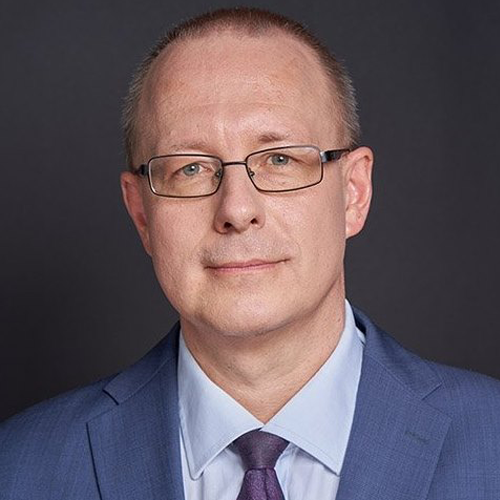
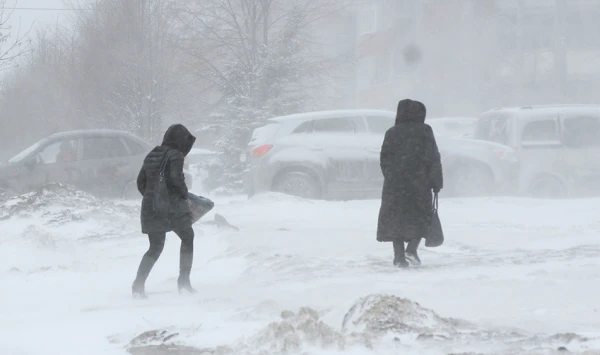
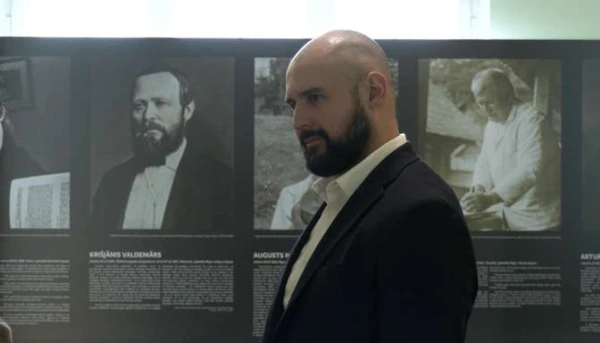
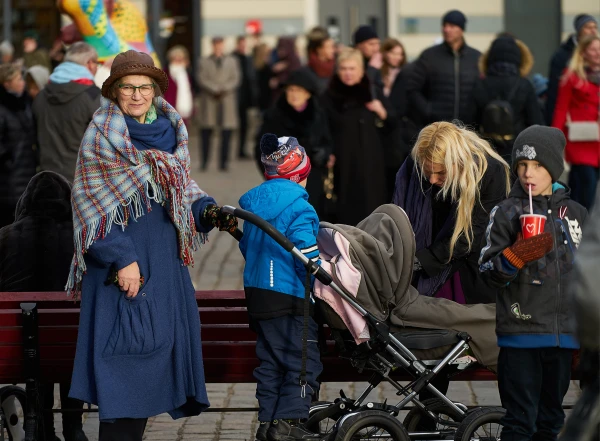
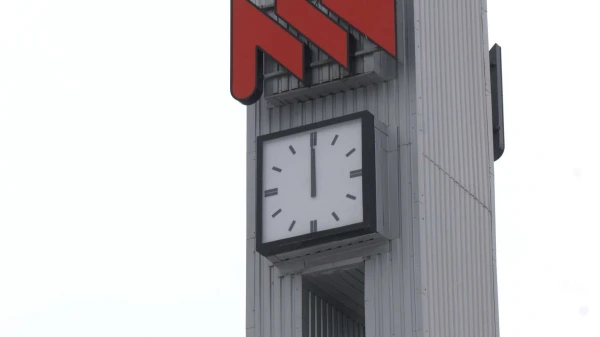
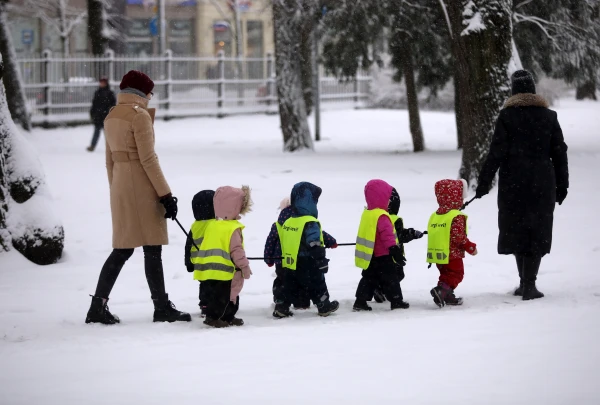
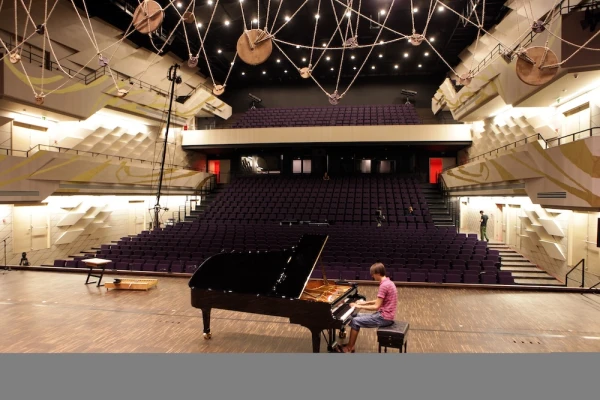

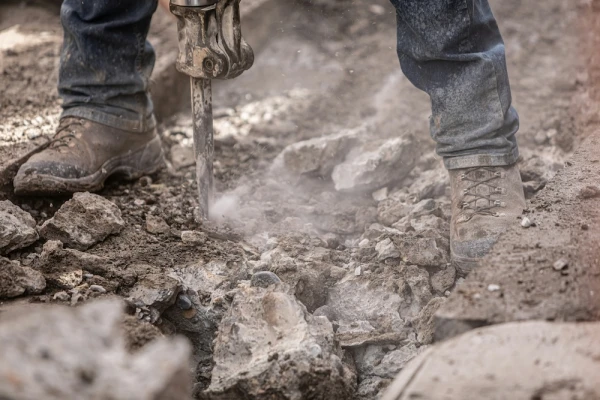
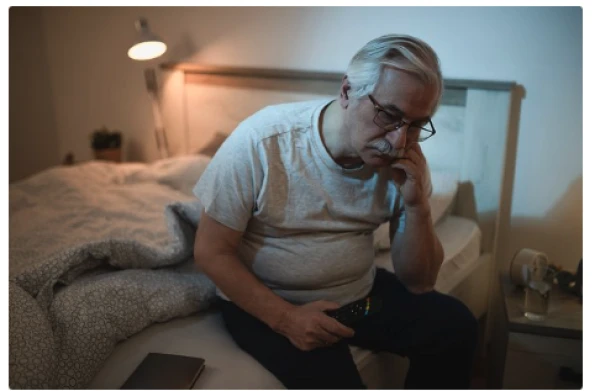
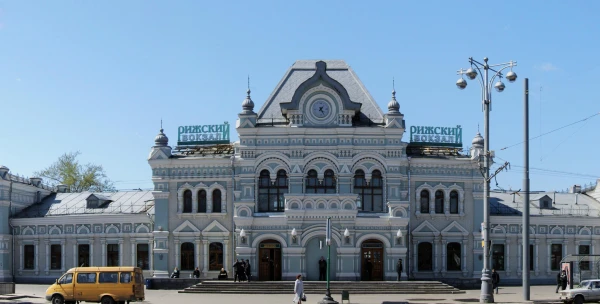
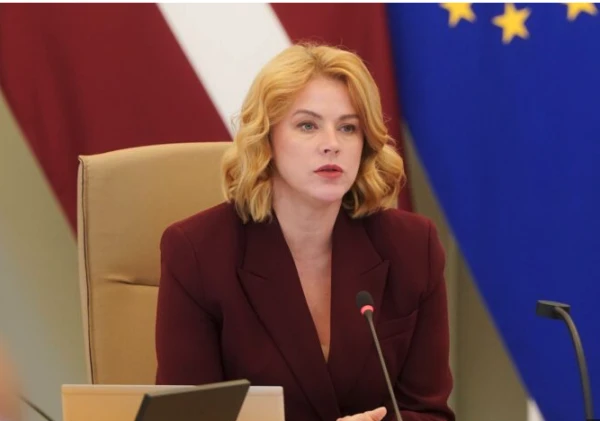
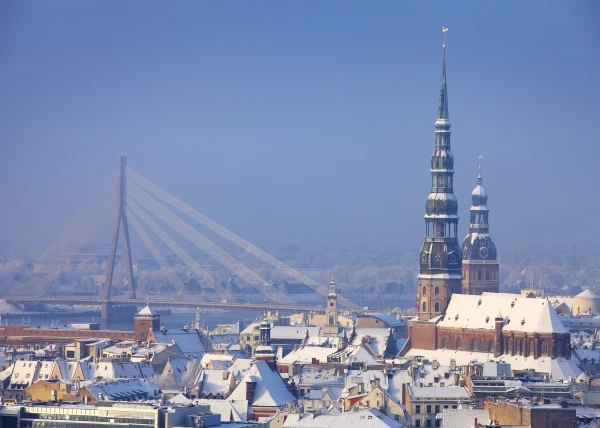


Leave a comment